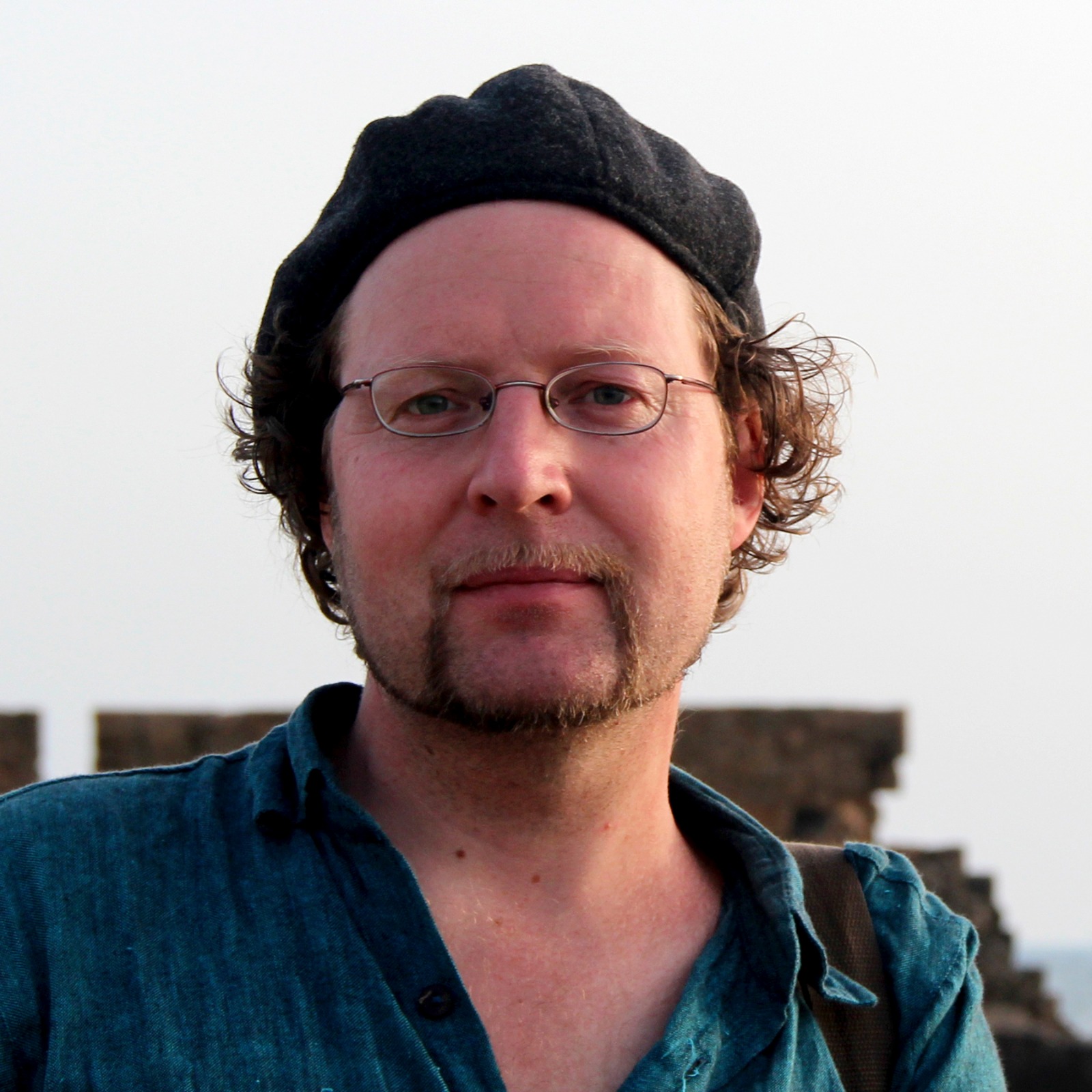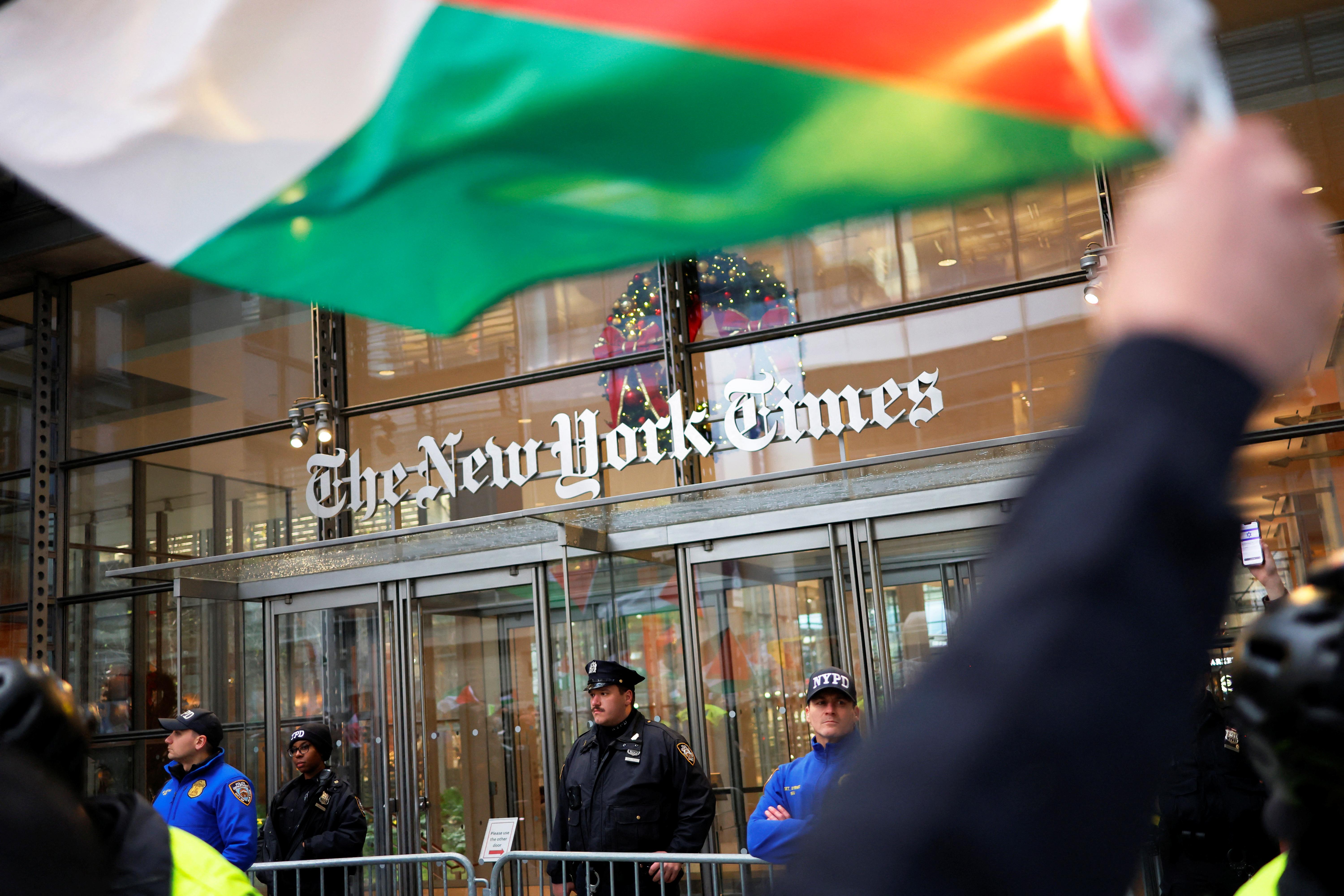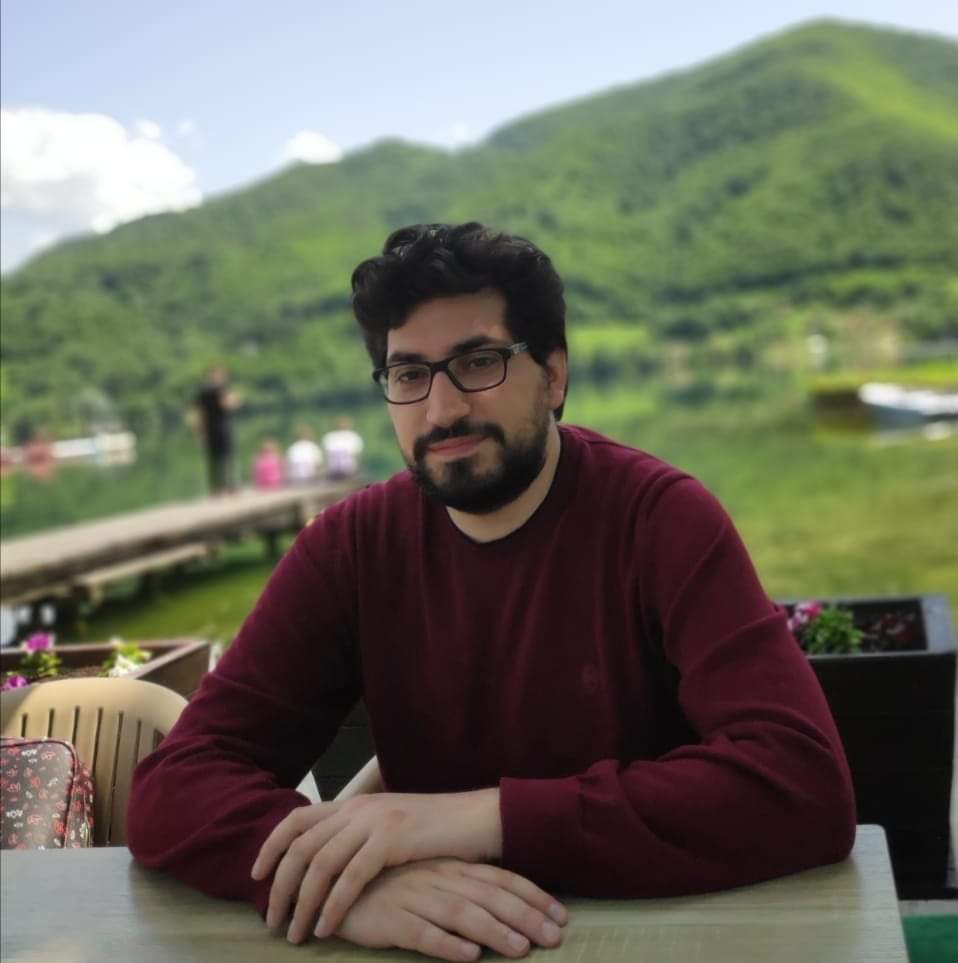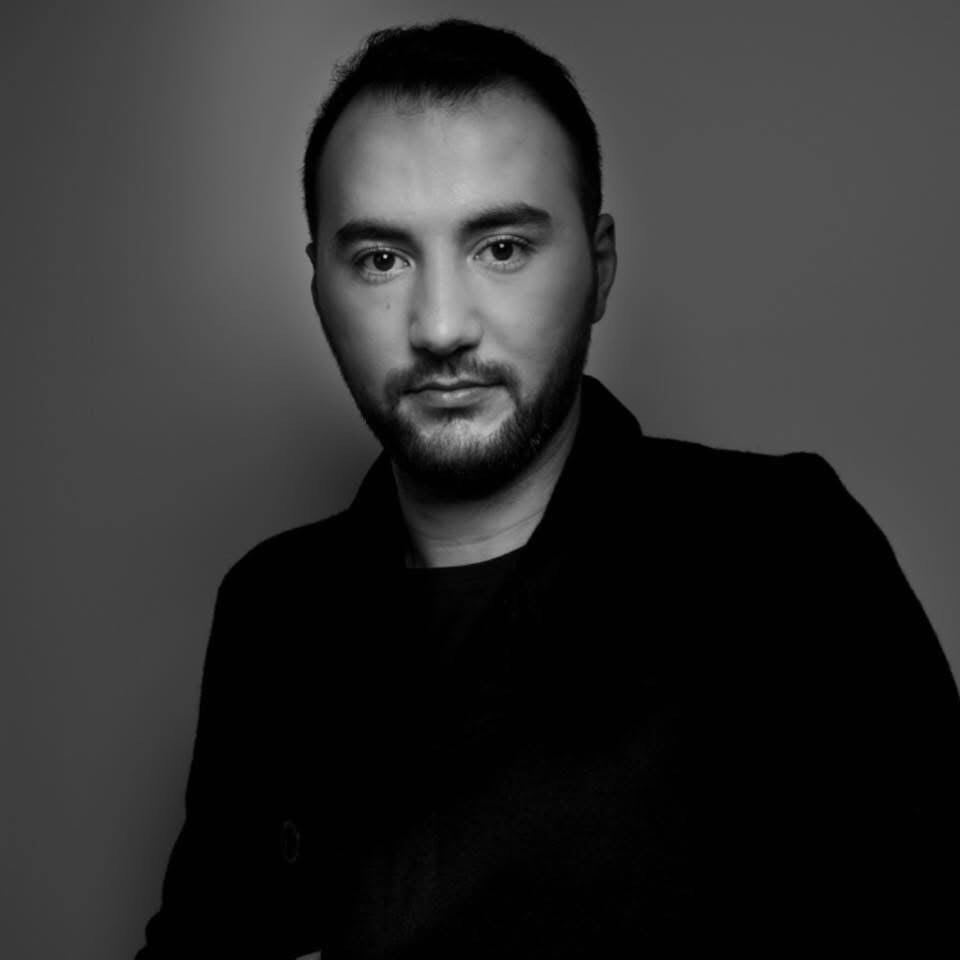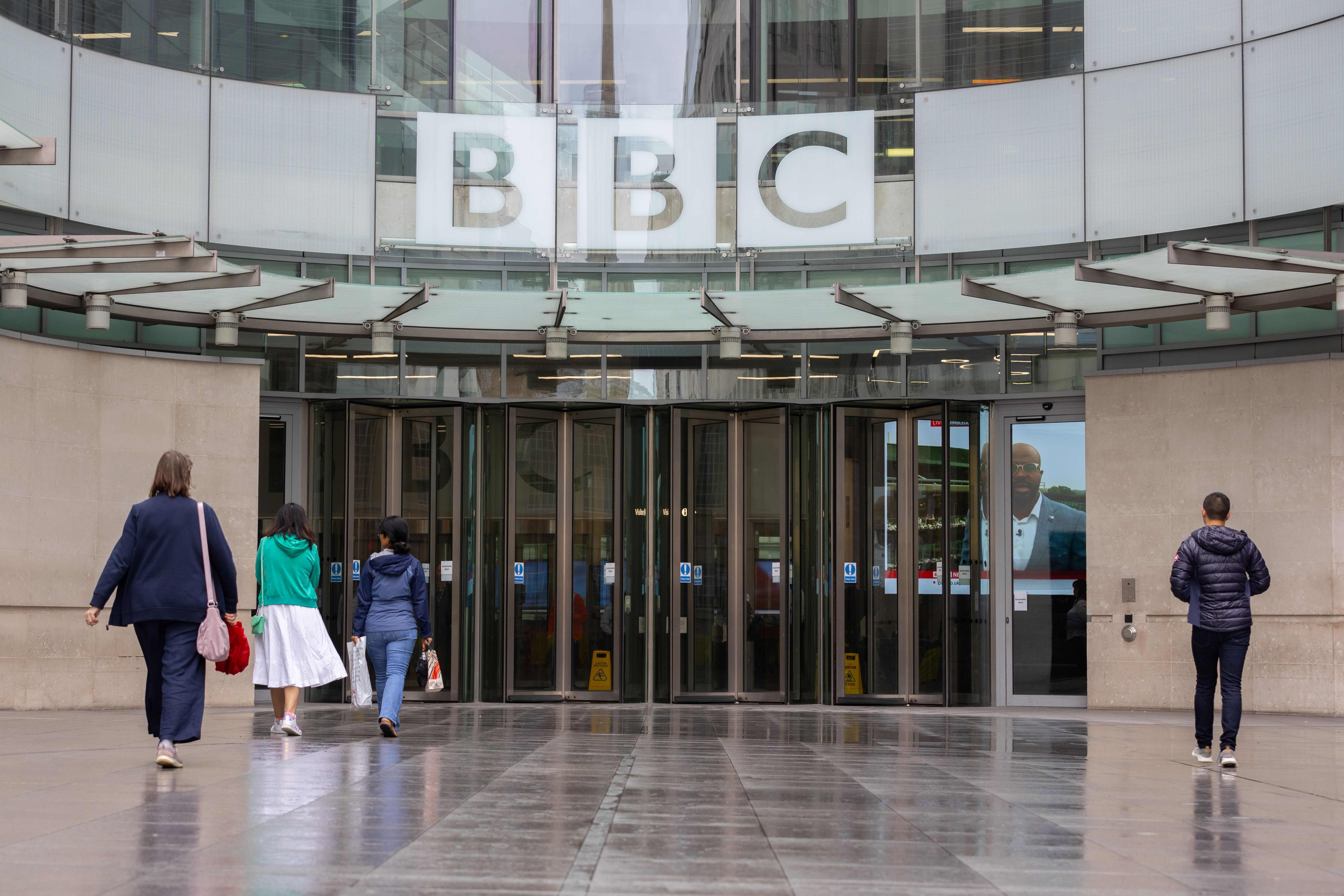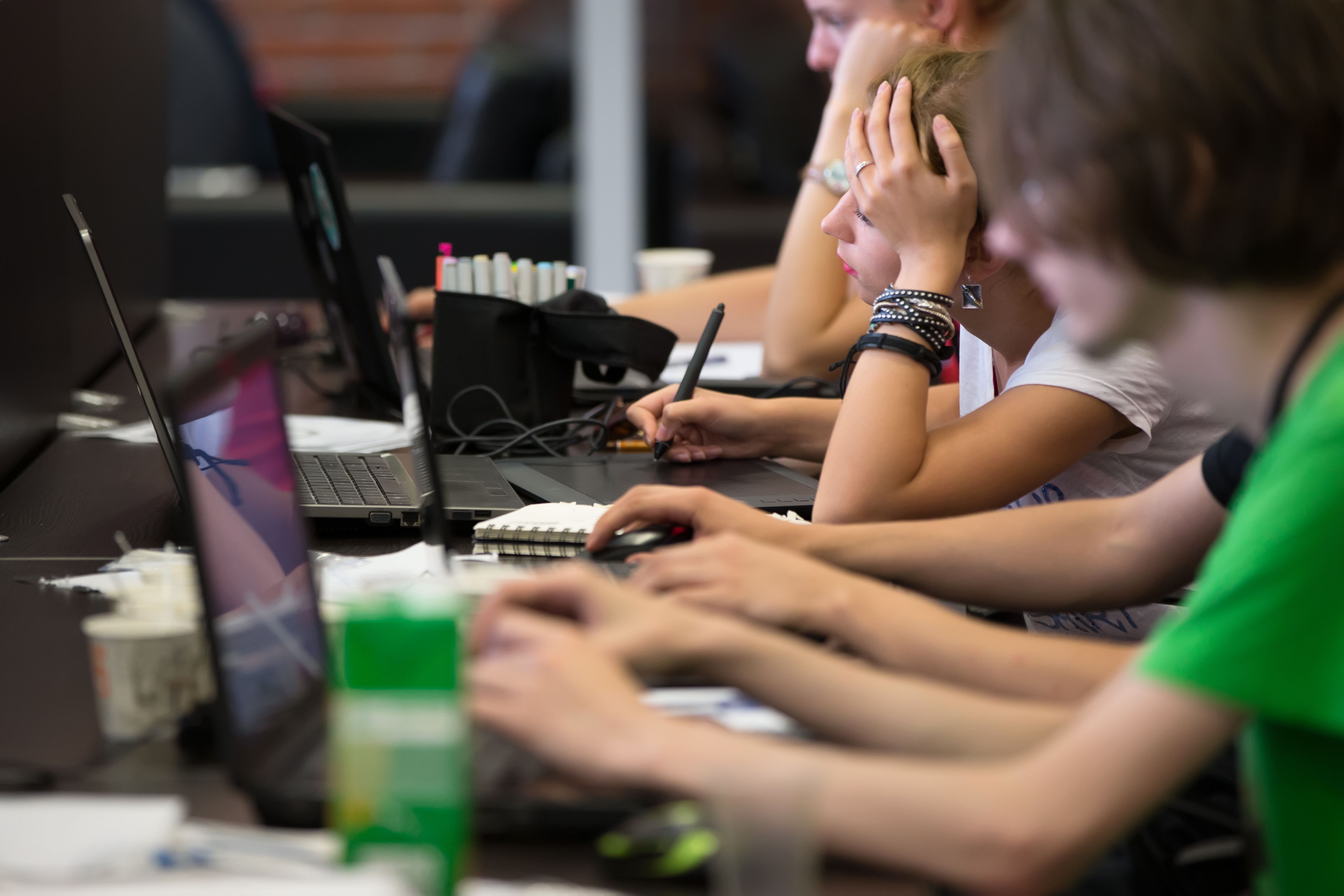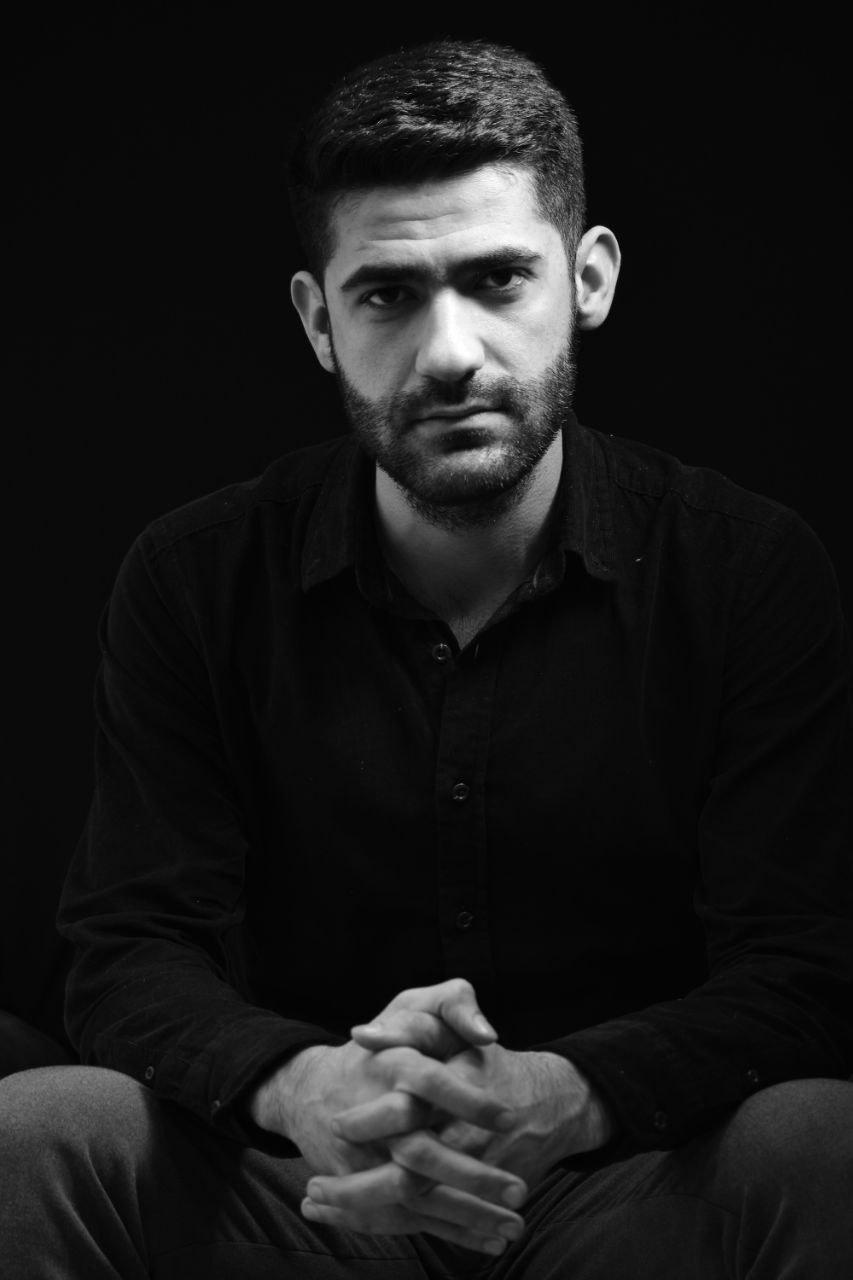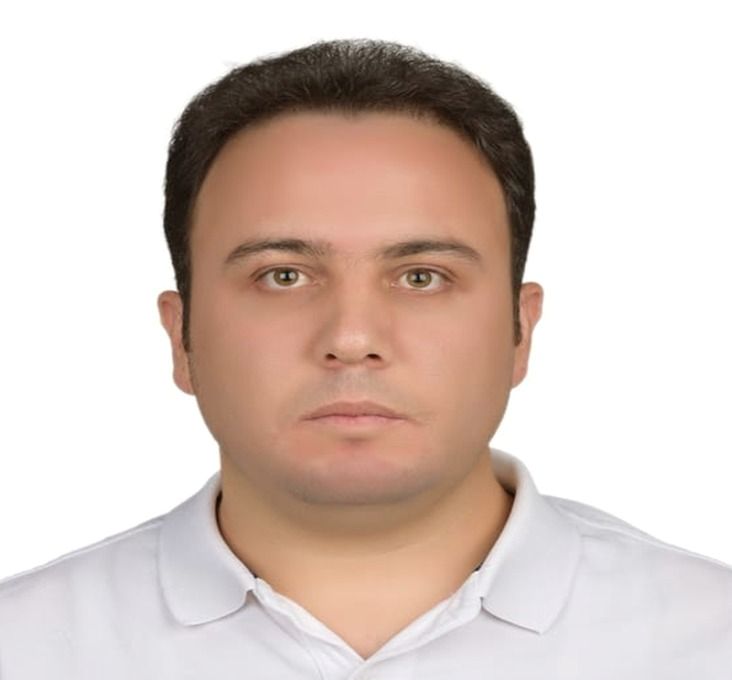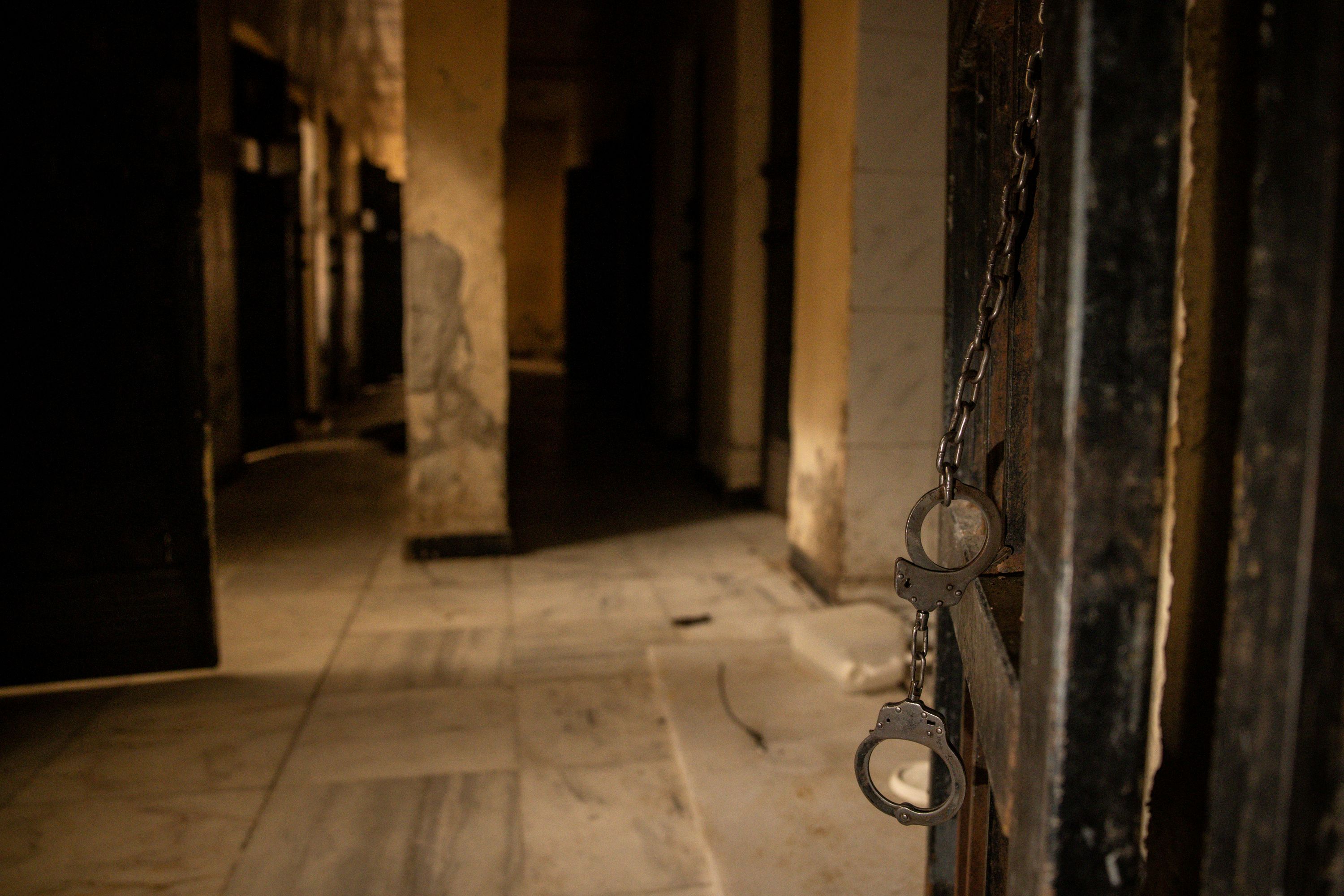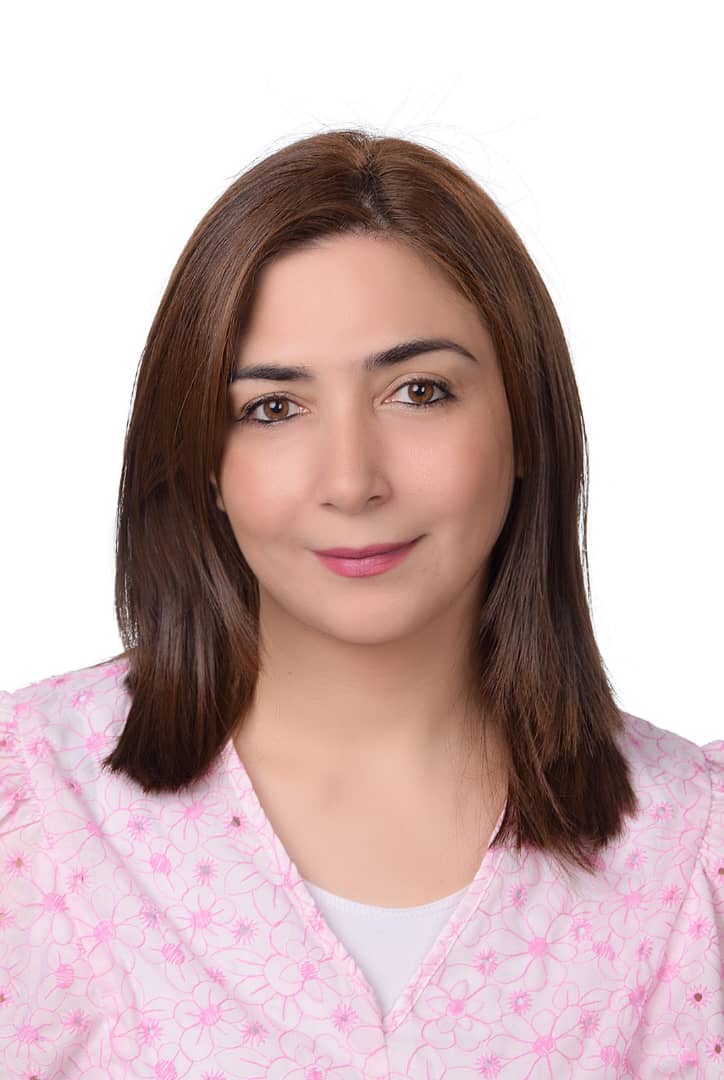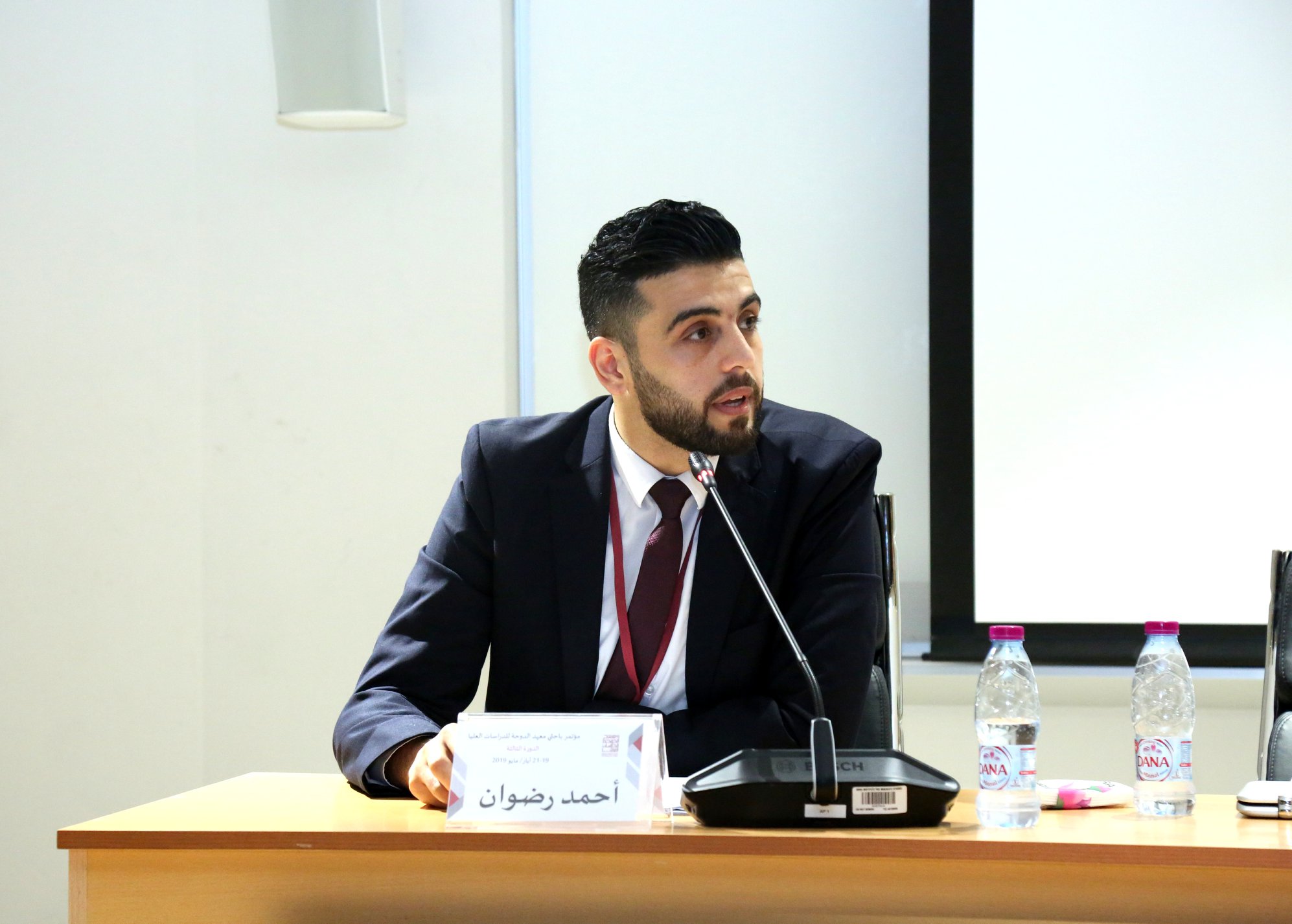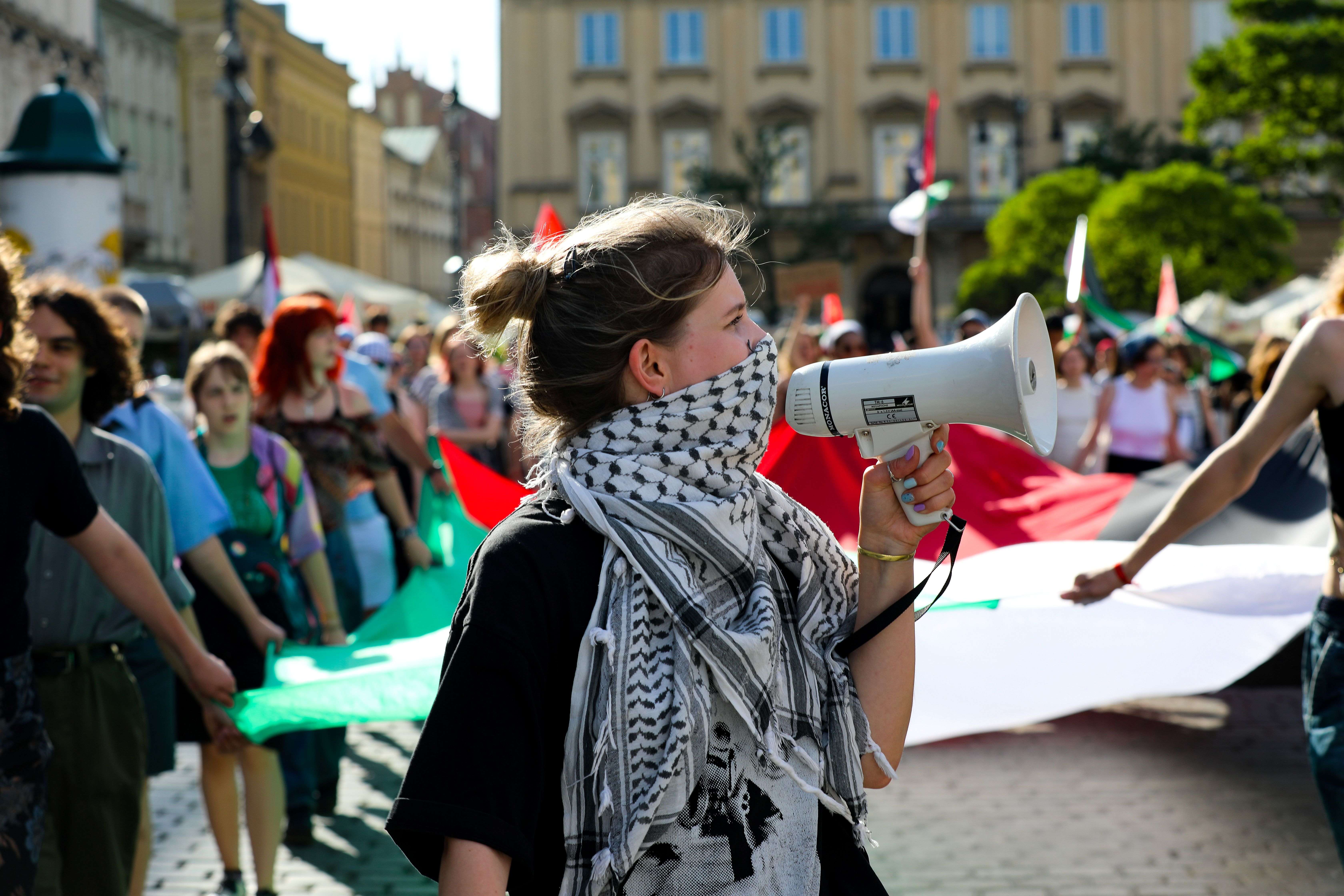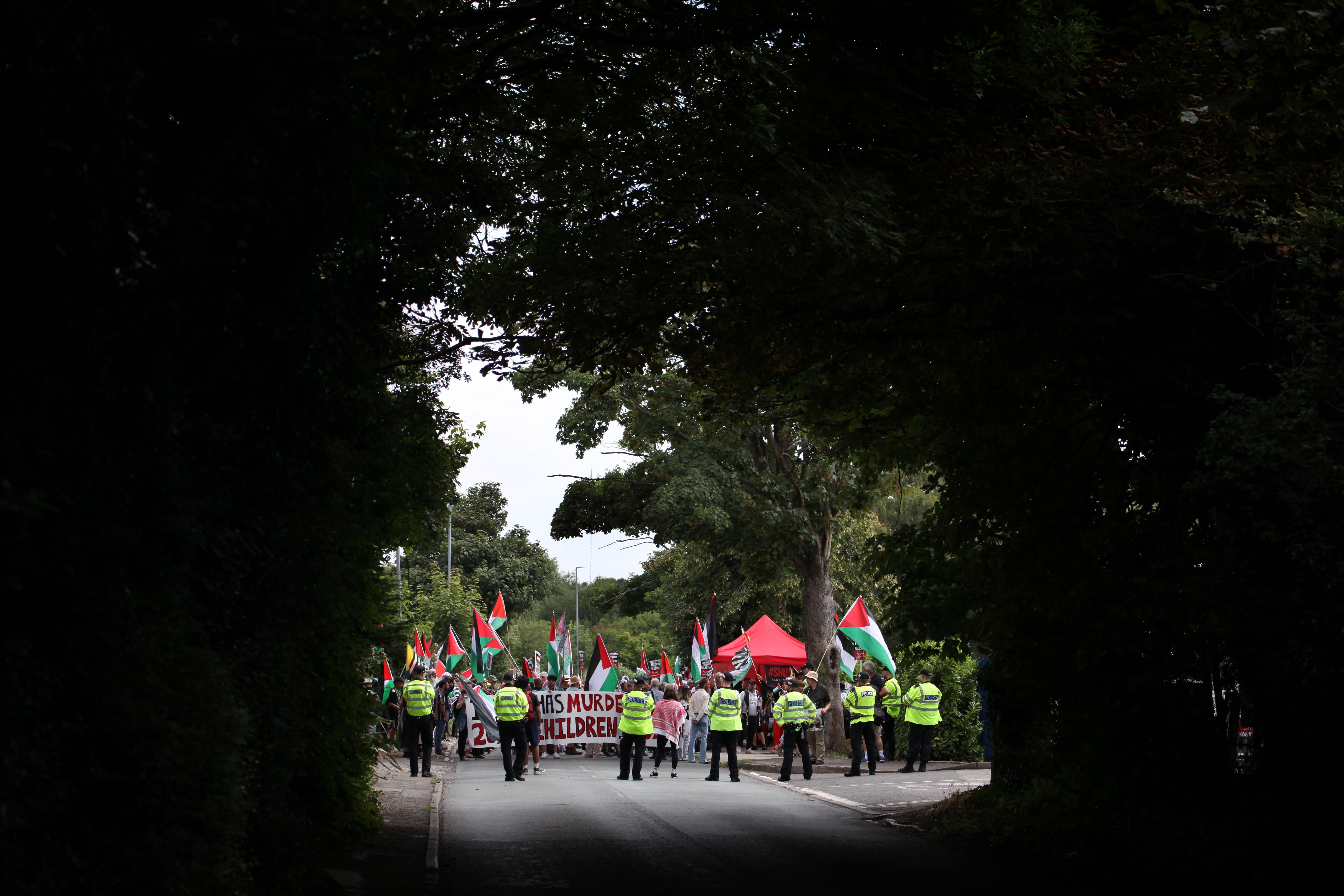In Spain, a well-intentioned media practice of omitting suspects’ ethnic backgrounds in crime reporting is now backfiring, fuelling misinformation, empowering far-right narratives, and eroding public trust in journalism.
The Spark in Torre Pacheco: A Misinformation-Fueled Mob
On July 11th, 2025, dozens of young men, many clad in black t-shirts and armed with sticks and baseball bats, gathered in the streets of Torre Pacheco, a town of 40,000 inhabitants in Spain’s south-eastern Murcia region. "Let's go hunting immigrants" was their rallying cry, but they only tried to go after a specific type of immigrants: Moroccan ones. They often call them Maghrebis, but Moroccan-born residents account for some 90% of all North Africans in Spain and for two-thirds of all Muslim residents. So "Muslims", "Moroccans" and what in other countries would be called "Arabs" are mainly conflated into one single enemy profile of "unwanted immigration".
This enemy profile had been built up through intense activity on social networks over many months. As opposed to the discourse of the Spanish ultra-right in past decades, the main accusation was no longer that "immigrants take away our jobs", but that they are "criminals". The immediate motive for the ultra-right activists gathered in Torre Pacheco was a crime that had happened two days earlier, when an elderly resident was assaulted and badly beaten by some youngsters, who the victim guessed to be Moroccans. The video of the assault, immediately circulated as an invitation to go and "hunt immigrants", was fake; it showed a different man beaten up weeks earlier by Spanish assailants with no migration background at all. But that didn't matter anymore.
A Playbook of Manipulation: How the Far-Right Exploits Crime Reporting
One of the most vocal promoters of a "citizen militia" that should exercise "legitimate defence" against those who "sow crime in our streets", was a member of the right-wing Vox party, Pablo González Gasca (not a resident of Murcia at all), who has a long and intense activity of tweeting images or videos of purported crime episodes, such as robberies or beatings, invariably claiming the culprits are "Maghrebis", as good as always with no evidence at all. Many others tweet regularly about headlines from the press about arrests of suspects, always adding the same claim in the post. When one looks up the news piece, there is no mention at all of the ethnicity or nationality. Several extreme right-wing Spanish websites, which I would not call newspapers as not to insult our profession, follow the same scheme, sometimes copying verbatim a news piece sent out by a mainstream news agency, as most papers do, and then simply adding the word "Maghrebi" in the headline or the lead.
Some Spanish fact-checking sites have debunked many of those claims, showing that the suspects had no immigration background at all. But this is no easy job, typically, Spanish mainstream newspapers, and most probably already the police statements they use as a source, do not offer any hint about the ethnic or religious background of the suspects. This was understood years ago as a "good practice" of journalism because mentioning a nationality or ethnicity would certainly have led to right-wing groups cherry-picking and spreading headlines with crimes linked to immigrants so as to show that "immigrants bring crime to Spain". Avoiding as a rule any mention of these details was a practice deemed to avoid fostering racism.
Only that it didn't. Nowadays, the lack of any information about the ethnicity of suspects allows the right-wingers to attribute one hundred per cent of crimes to "Moroccans", without any easy way to debunk their fake news. (Years ago, Spanish right-wingers also had a racist discourse against Latin American immigration; this seems to have changed, and even some Latin American residents in Spain are trying to form a common front with the ultra-right against "the Muslim danger").
We saw the same phenomenon in Britain one year ago. When a teenager killed three little girls in Southport, the police understandably did not release any information about him; minors are supposed to be specifically protected. Immediately, word spread that the assassin was a recently arrived asylum seeker called Ali, so a mob destroyed shops run by Muslims, torched mosques and attacked refugee facilities. When the police finally disclosed that the suspect was a British-born youngster with a somewhat remote Christian Rwandese background, the damage was already done.
The Media's Good Intentions, and Their Unintended Consequences
Withholding sensible information, as we see, is not always protecting people; it can also pave the way to do more damage. In the specific case of Torre Pacheco, it turned out days later that the suspects arrested by the police were indeed Moroccans, albeit not residents of Torre Pacheco. But the whole dynamic was only possible because of hundreds and thousands of social network messages falsely accusing Moroccans of crimes they hadn't committed.
Let's get two things straight. First, there is no link at all between a higher immigrant percentage among the population and a higher crime rate. In Torre Pacheco, around one third of the population are immigrants, and roughly half of these are Moroccans, according to official statistics. The "real-feel rate" will be higher because immigrants in Spain are usually given citizenship after 10 years of legal residence, and most of the young generation born in Spain are already citizens and therefore do not show up in the statistics based on nationality. The crime rate for Torre Pacheco municipality is 41 law violations per 1,000 inhabitants, lower than the Spanish average of 50 and nearly half of that of Pamplona (74), where foreigners account for some 13% of the population and Moroccans for hardly 1%. (Overall, Spain has one of the highest rates of non-EU-born populations in the EU and is at the lower end of crime rates in Europe).
The second fact is that when you break down crime statistics, foreigners (no nationality breakdown is available) will make up clearly a higher proportion than their presence in the population should grant. Precisely because this is a recognisable fact, mainstream press agreed on withholding this data in order to not foster racism. The downside effect is that now, right-wingers not only claim that "immigration brings crime to Spain", but also that the press knows it and chooses to mislead their readers by hiding data.
As a journalist, I have to say that I don't think withholding information in order to serve a noble cause is acceptable journalism ethics. There is, of course, a principle of "harm limitation" in journalism, we do not publish every detail we know, and we should not, if doing so might bring harm to people without being an essential information detail. But this applies first and foremost to avoiding harm to individuals. Of course, no full names must be published, and absolutely everybody is entitled to the presumption of innocence. But informing about a migration background or a nationality does not harm the individual. It might harm, however, the wider "ethnic community" the suspect belongs to. This is the rationale for withholding the data. As we are seeing today, withholding it harms the community, too.
Moreover, information about a migration background or the lack thereof might often be a necessary detail to understand the news. If we talk about a young girl killed by their own family because of an "indecent" lifestyle, it is unavoidable to add their ethnic background because nobody in Spain nor in Morocco would commit such a crime, whereas it is unfortunately still a social command in some, but not all, parts of the Middle East. To suggest that "anybody could have committed that crime" (which too many readers will translate immediately into "any Muslim could have committed that crime") prevents the reader from understanding the social dynamics and pressures rooted in specific local traditions that lead to those crimes. In the same way, informing that a murder was committed by a Colombian or an Irishman might be important, given the fact that with Spain's extremely low homicide rate (0.7 per 100,000), foreign mafia killings account for a small, but not negligible part of murders.
A good journalist will always ask herself or himself which data are important for context, and which are not. But imposing a blanket ban on the mention of nationality, in light of what is happening in Spain, has not done any good, and is even contributing to the deteriorating image of the mainstream press as "manipulative".
Of course, anybody could commit a robbery, but again, it might be a better idea to explain the social dynamics that channel some immigrants towards the lower strata of society, perhaps starting with the fact that the whole system that keeps flowing much-needed immigration into Europe seems to be designed to make the immigrants go through a long period of illegality. This debate is for another day, but trying to shed some light on why things are happening might not only be more ethical, from a journalistic viewpoint, but also more useful than just pretending they are not happening.
So perhaps it is time to abandon the "good practice" of not mentioning the nationality or ethnicity of a suspect in a crime and switch over to a model the Austrian news agency APA is already applying: in all its pieces based on police reports about crimes or misdemeanours, the nationality or the ethnic background of the suspect is routinely mentioned, but never carried into the lead and much less into the headline. This avoids suggesting that the nationality is a major factor in the event described, but accepts this detail as one of the many aspects surrounding the case.
A good journalist will always ask herself or himself which data are important for context, and which are not. But imposing a blanket ban on the mention of nationality, in the light of what is happening in Spain, has not done any good, and is even contributing to the deteriorating image of the mainstream press as "manipulative".
Information is a weapon, but concealing information does not make it less dangerous.

